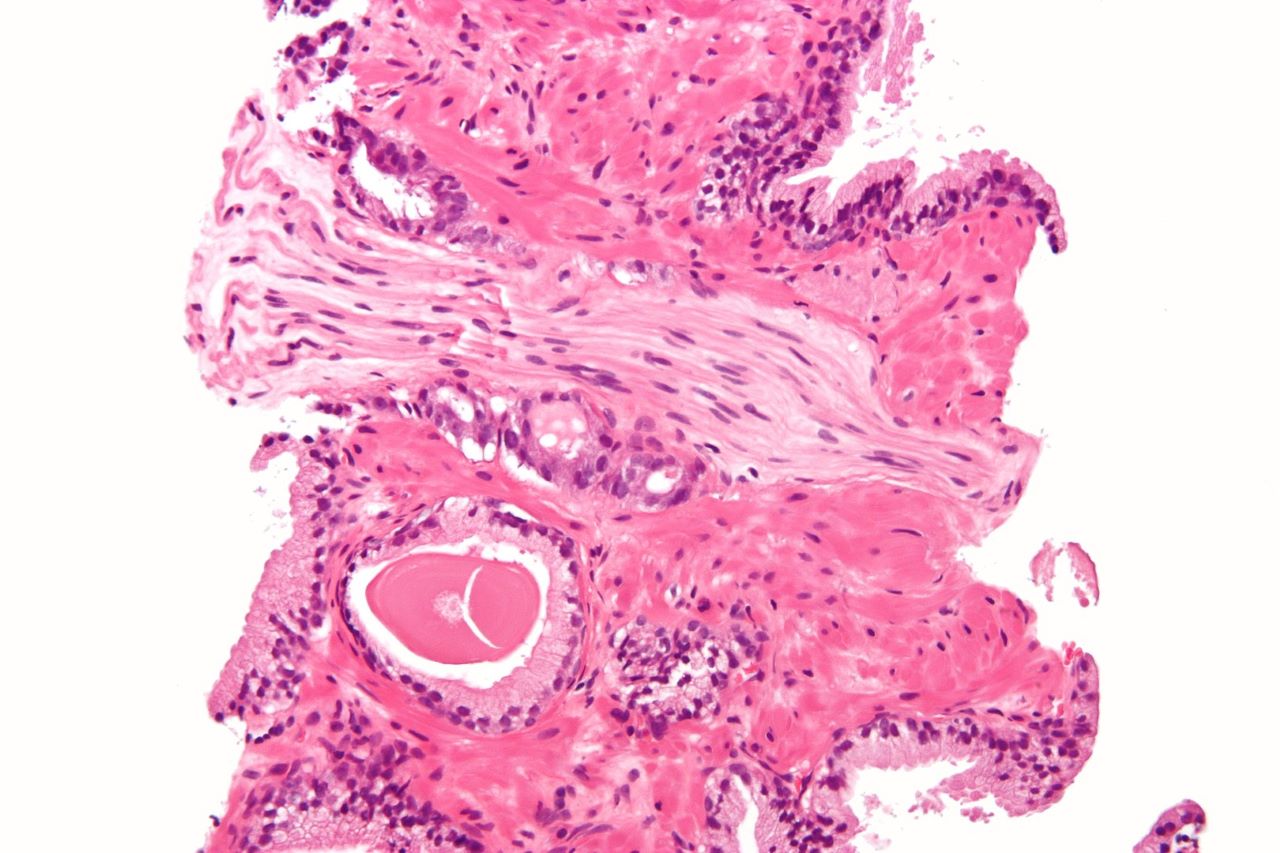
The Janssen Pharmaceutical Companies of Johnson & Johnson has reported that the Phase III ACIS study of Erleada and Zytiga combination in patients with metastatic castration-resistant prostate cancer (mCRPC) met the primary endpoint.
The study met the endpoint of radiographic progression-free survival (rPFS) in patients with chemotherapy-naïve mCRPC receiving androgen deprivation therapy (ADT).

Discover B2B Marketing That Performs
Combine business intelligence and editorial excellence to reach engaged professionals across 36 leading media platforms.
Erleada is an AR inhibitor, while Zytiga (abiraterone acetate) in combination with prednisone is indicated for treating patients with mCRPC.
The randomised, double-blind, placebo-controlled, multi-centre clinical study analysed the efficacy and safety of Erleada and Zytiga plus prednisone versus placebo and Zytiga plus prednisone in 982 patients with chemotherapy-naïve mCRPC disease who received ADT.
In the trial, the subjects randomly received either Erleada and Zytiga plus prednisone (combination arm), or placebo and Zytiga plus prednisone (control arm).
The study’s primary endpoint was rPFS while secondary endpoints included Overall Survival (OS), time to chronic opioid use, time to initiation of cytotoxic chemotherapy and time to pain progression.

US Tariffs are shifting - will you react or anticipate?
Don’t let policy changes catch you off guard. Stay proactive with real-time data and expert analysis.
By GlobalDataThe primary efficacy analysis showed median rPFS was increased by six months in patients in the combination arm versus control arm.
An updated analysis conducted at a median follow-up of 54.8 months showed a 30% reduction in the risk of radiographic progression or death in the combination arm versus the control.
Furthermore, no statistically significant difference in OS, time to initiation of cytotoxic chemotherapy, chronic opioid use, and pain progression were observed between the treatment arms.
Janssen Research & Development Oncology, Late Development and Global Medical Affairs vice-president Craig Tendler said: “The ACIS results demonstrate the potential role of combination therapy in patients with mCRPC and underscore the continuing unmet medical need in this prostate cancer population, particularly for those patients with low AR activity tumours.
“In our commitment to advance the science and treatment of prostate cancer, these findings will help inform our research efforts in developing novel approaches and combinatory regimens to improve outcomes for these patients.”
Last October, Janssen Pharmaceutical reported that five-year data from the Phase III IM-UNITI trial of Stelara showed long-term remission in patients with moderate to severe Crohn’s disease (CD).





